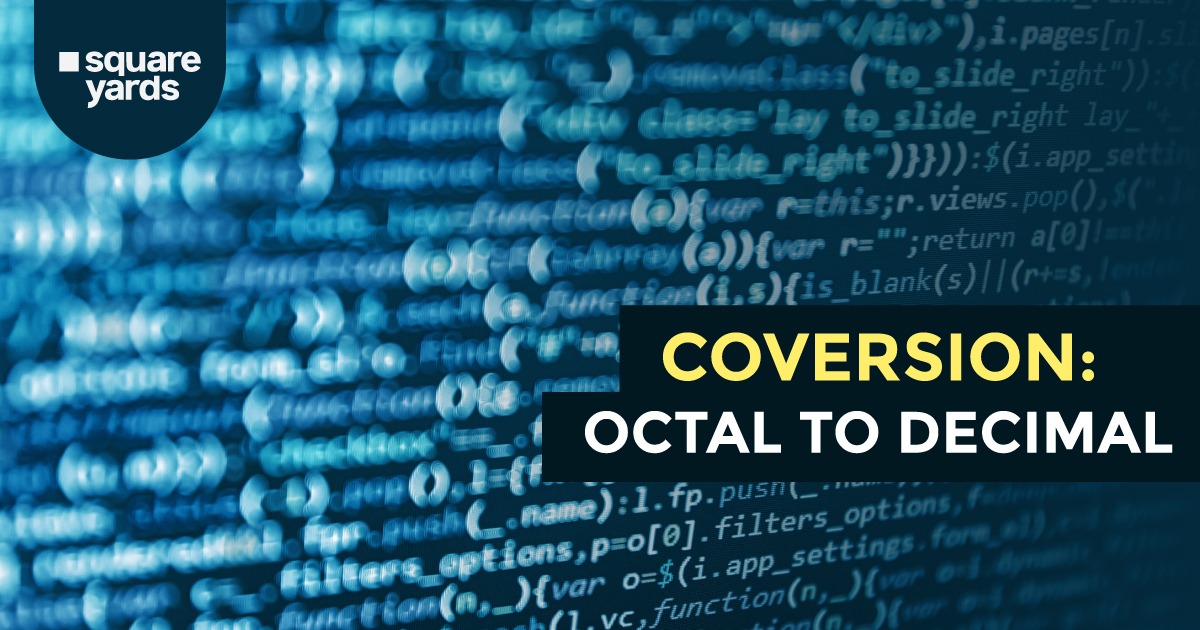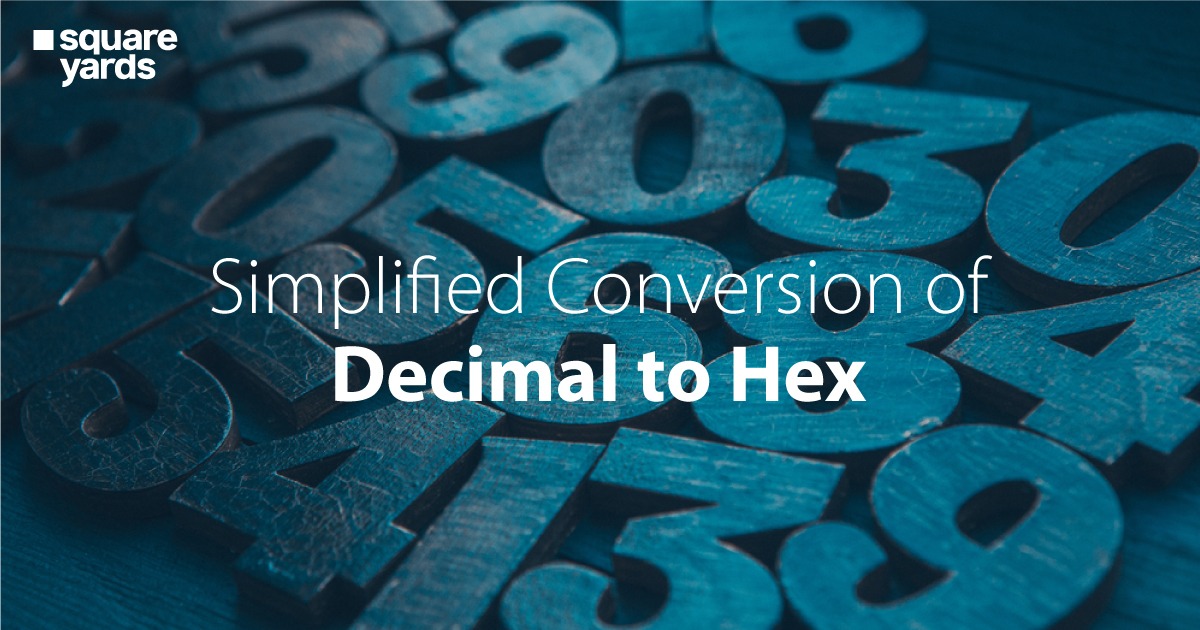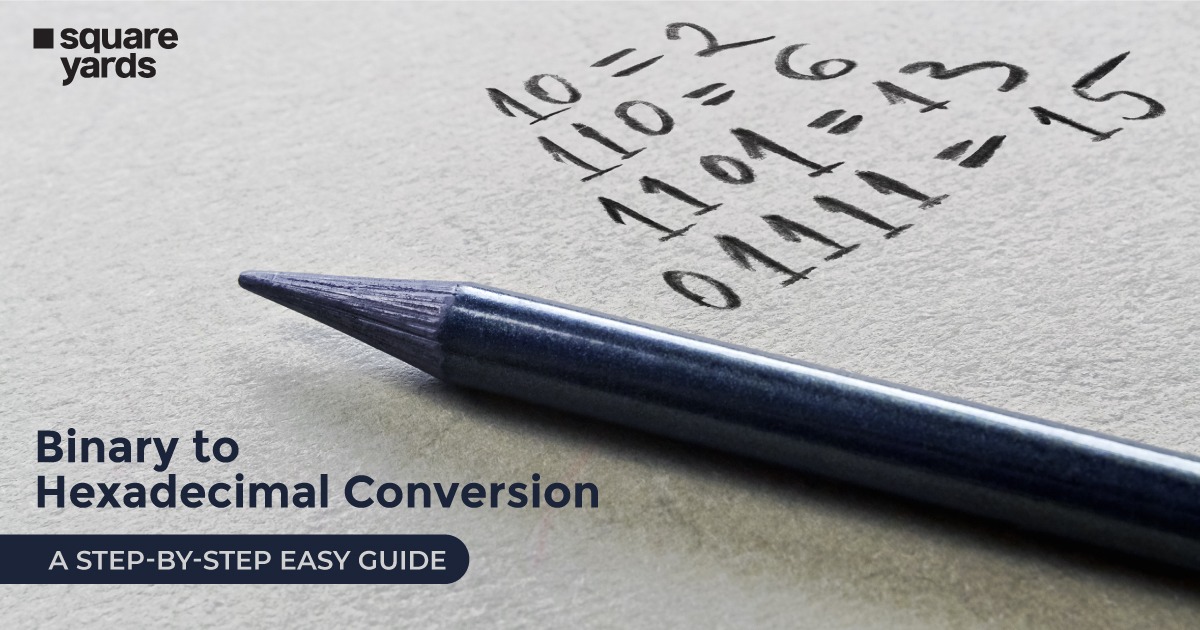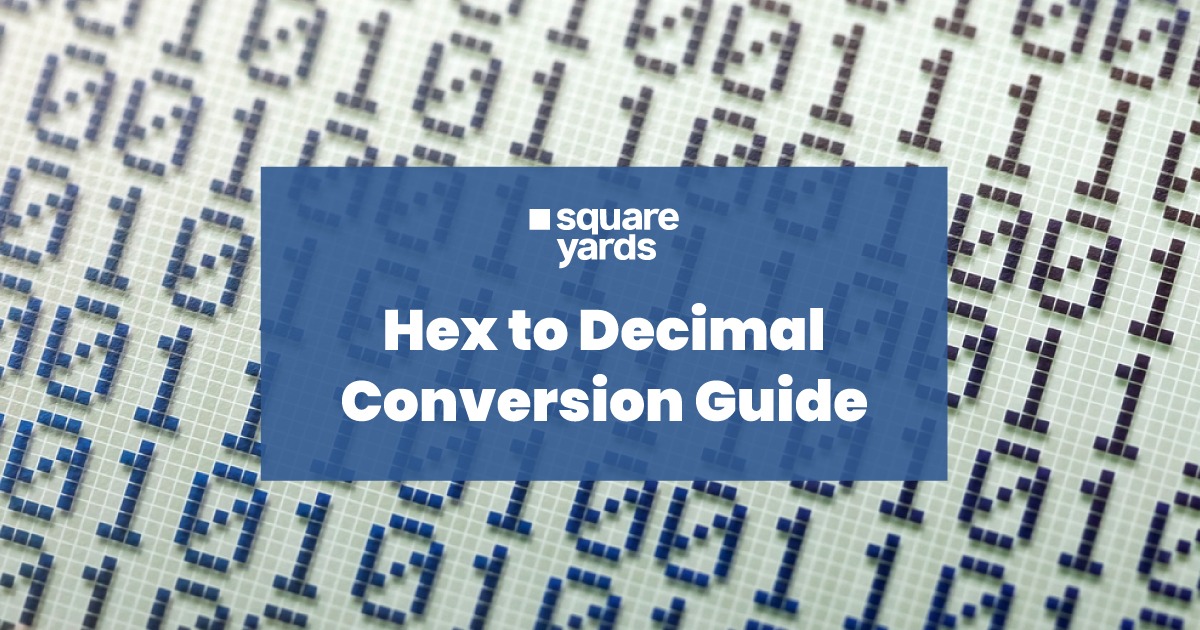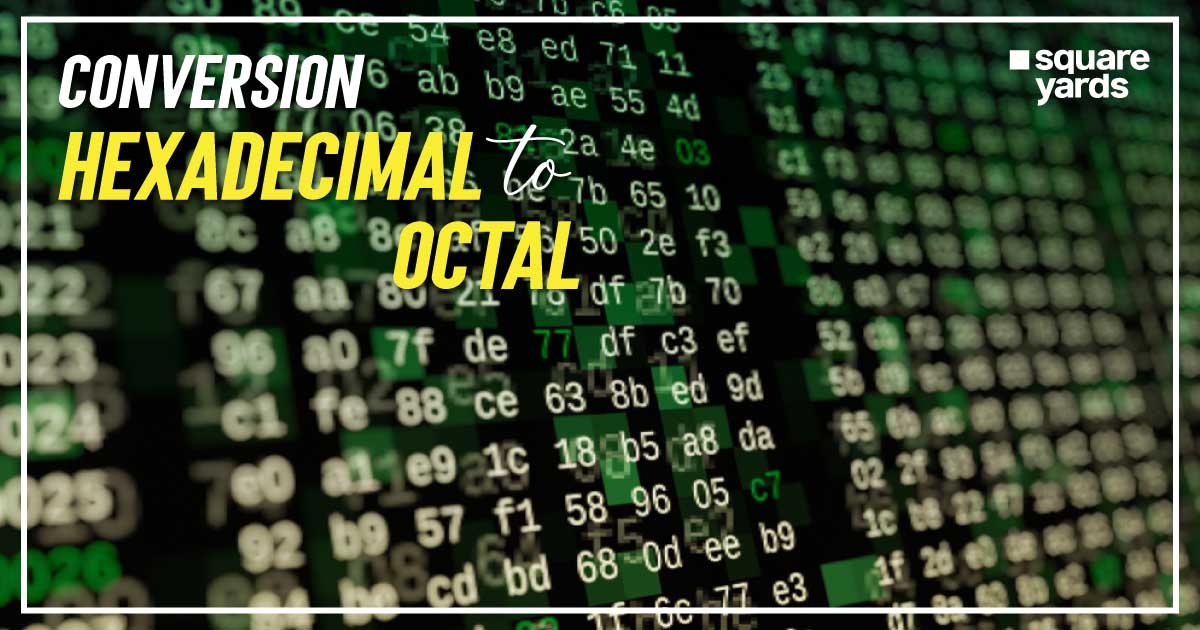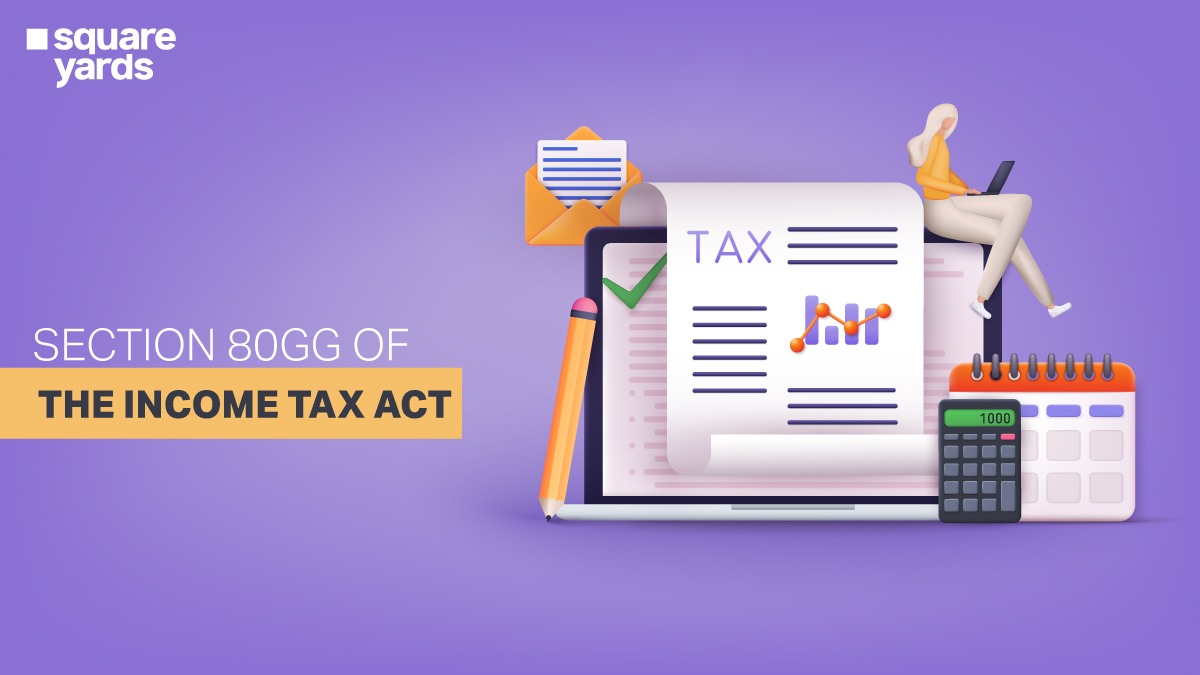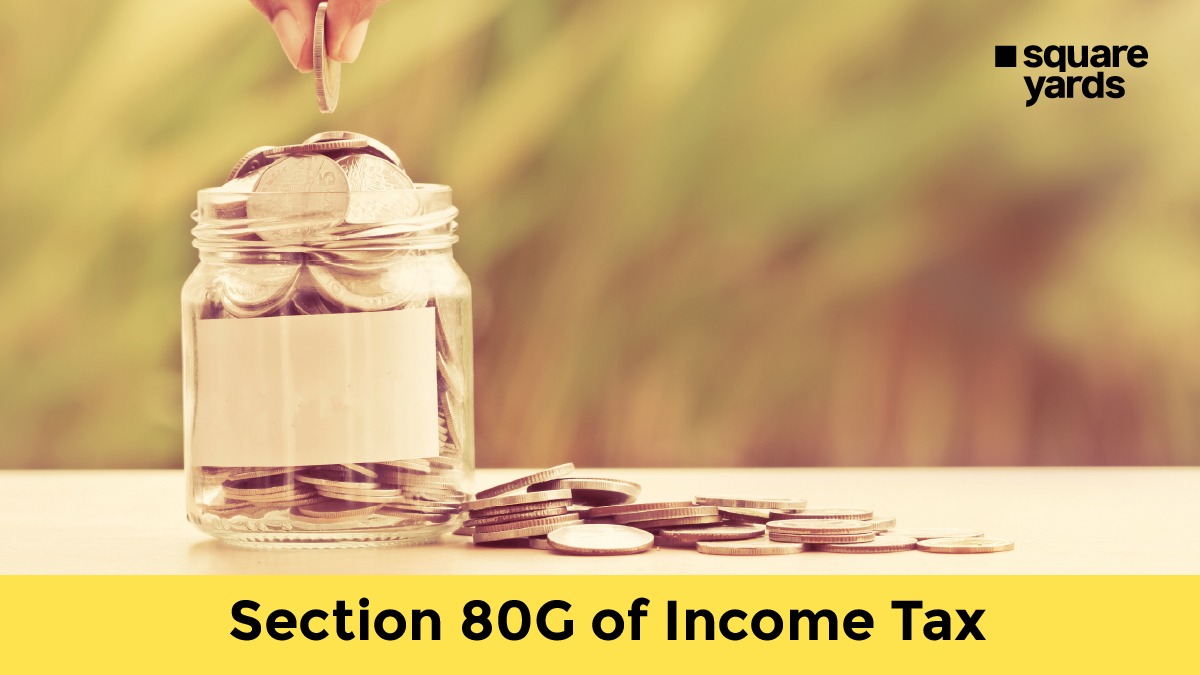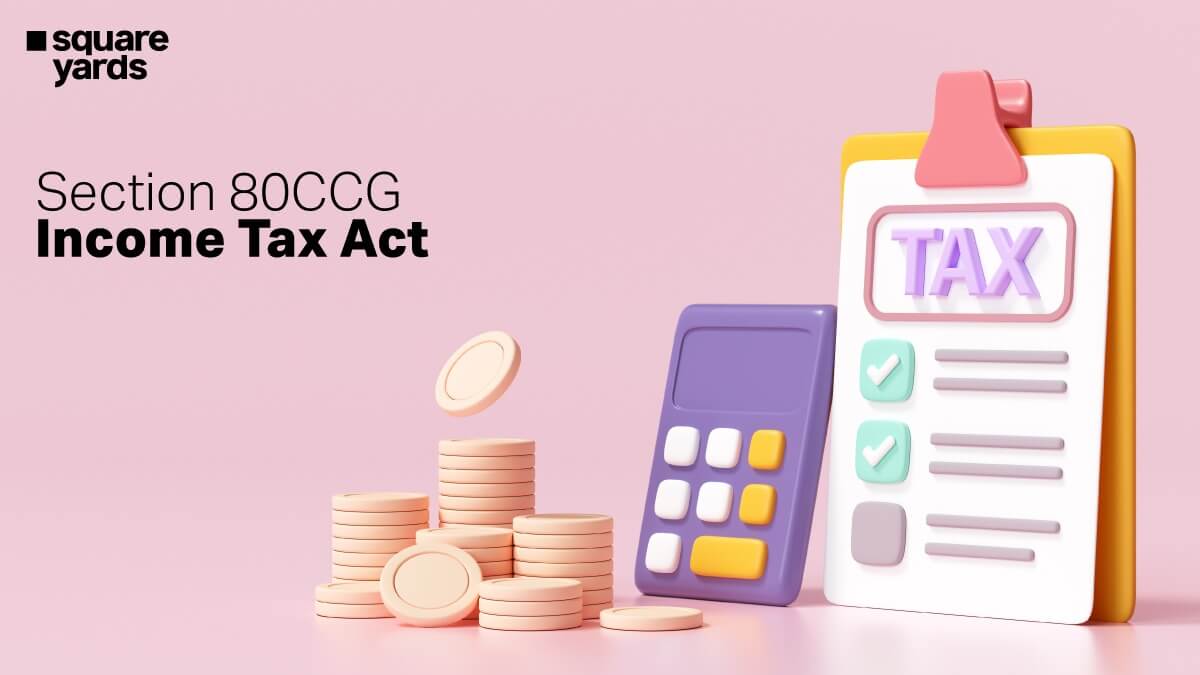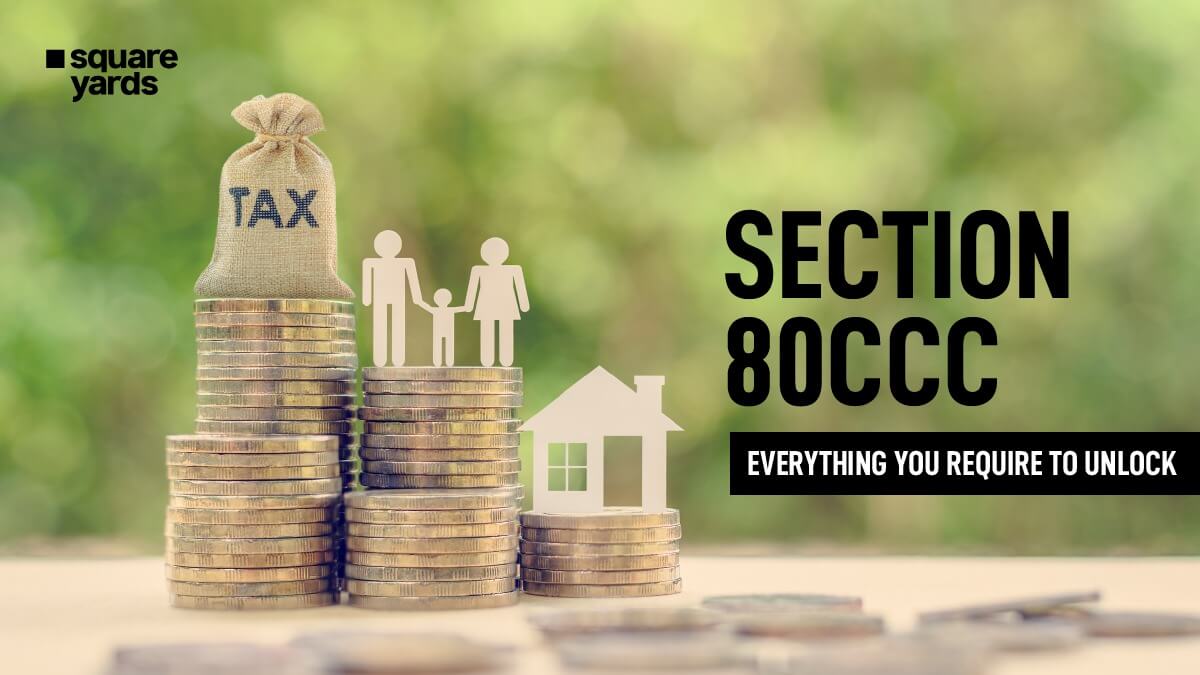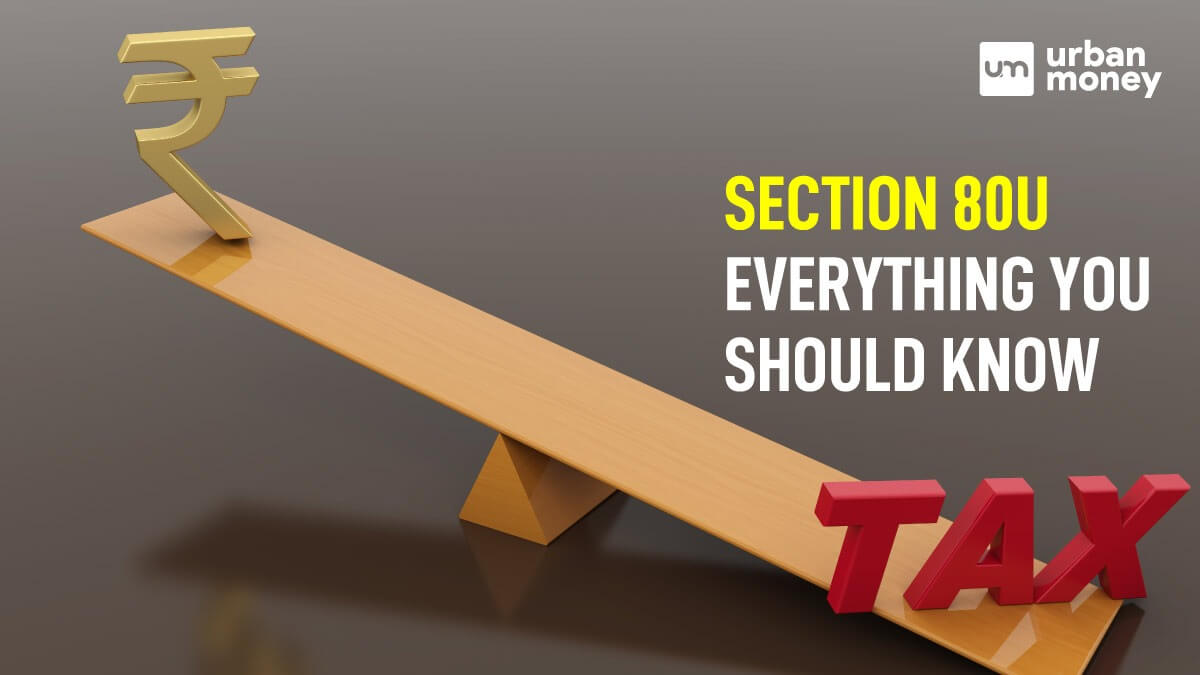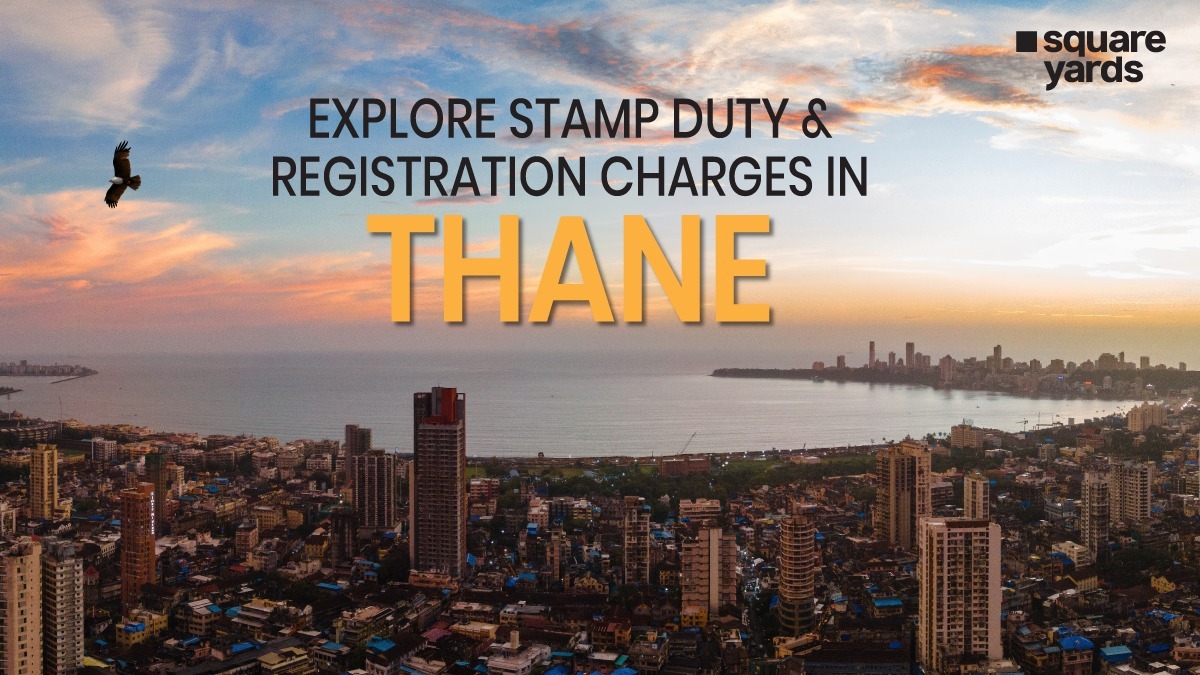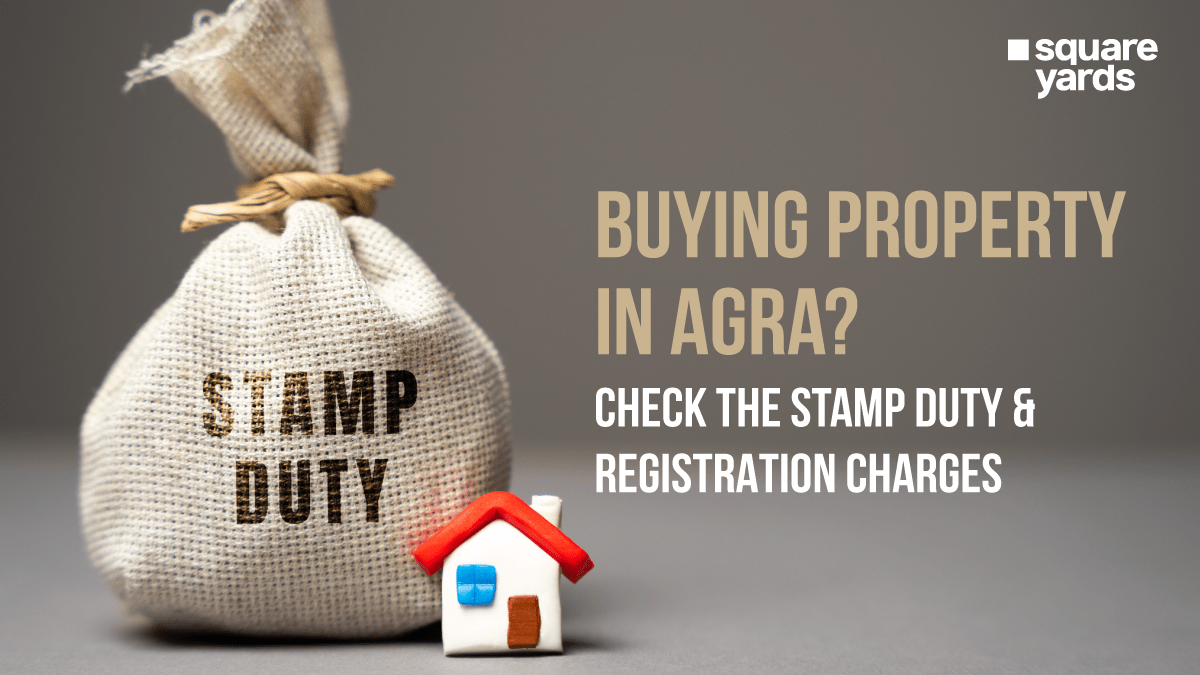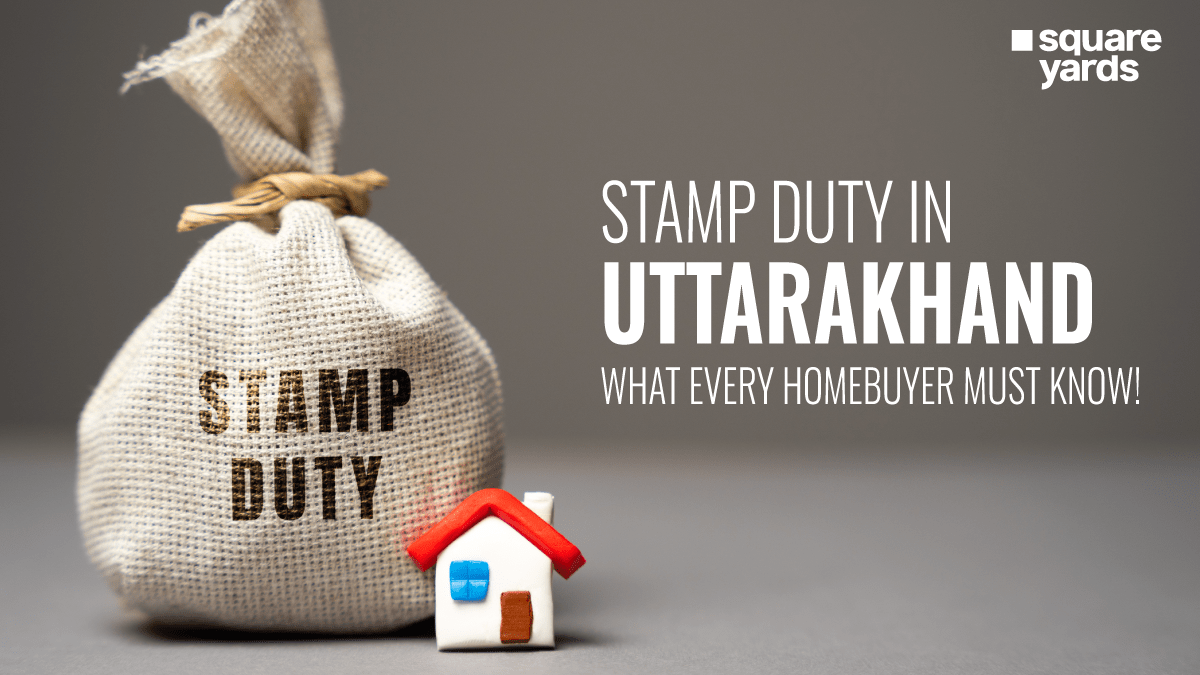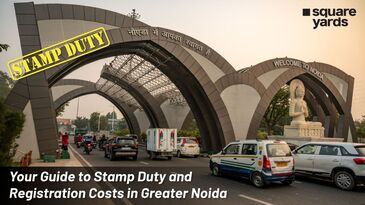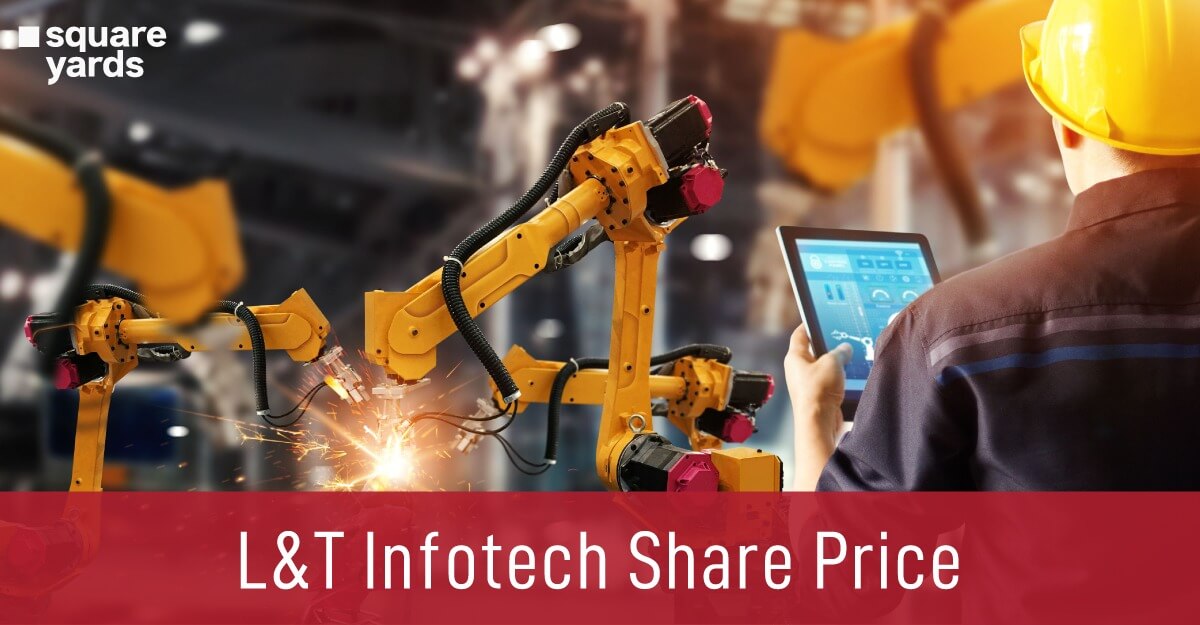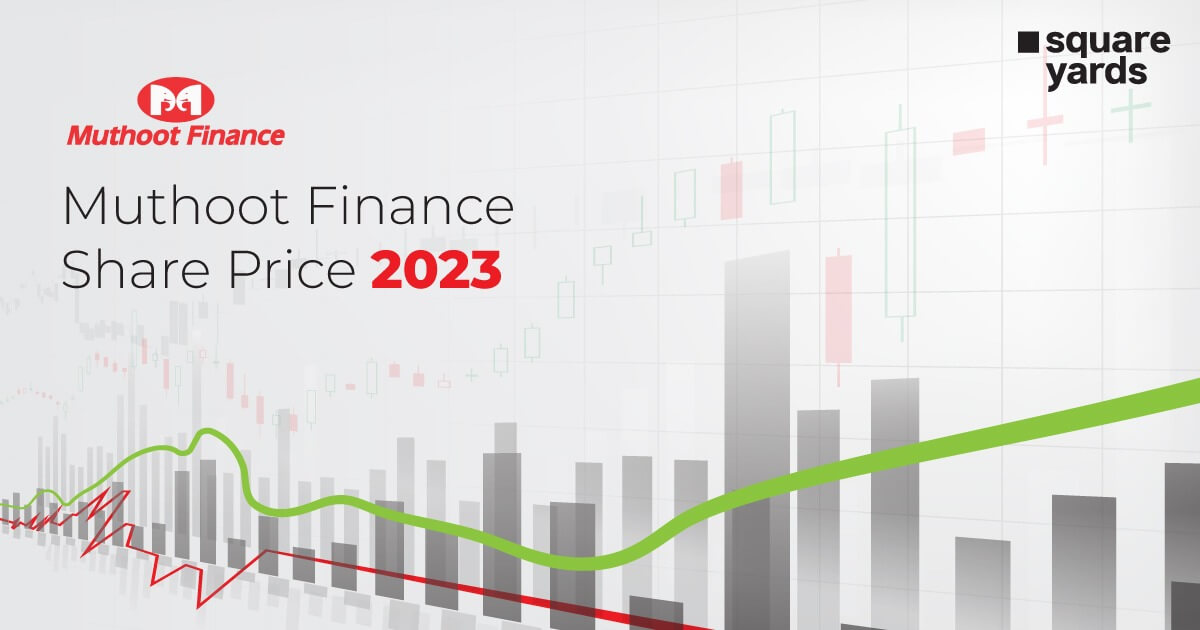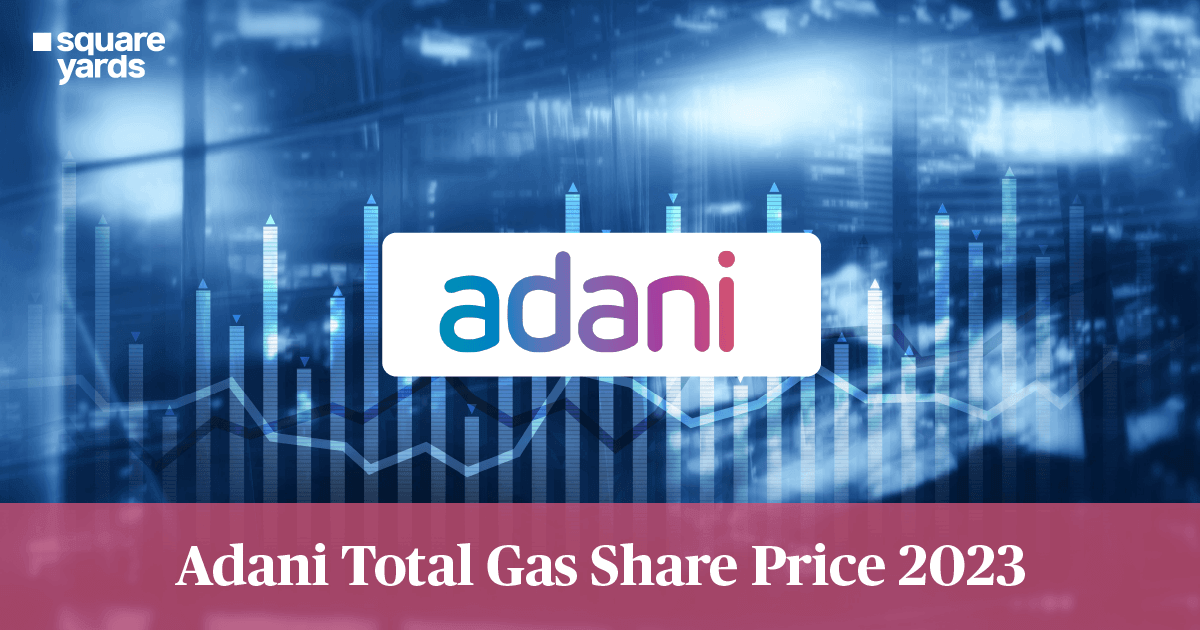When bitcoin surged over $ 68,000 in November last year, it caught the eye of everyone across the globe. With Bitcoin, the technology behind it, i.e. Blockchain also became a topic of discussion.
However, blockchain isn’t something that you can comprehend with a simple Google search. Moreover, when the search results are in millions, it’s only natural to get overwhelmed with information.
Contrary to perceptions, Blockchain can’t be shrugged off as a digital whim, fad, catchphrase or a technical maxim.
So, what is blockchain? And how does it work?
In this article, we will answer all the pressing questions that you have about blockchain and the future it beholds.
Table of contents
What is Blockchain?
Originally described by a group of researchers in 1991, blockchain was intended to timestamp documents and prevent back-dating or tampering. However, it went unused until adopted by Satoshi Nakamoto in 2009 to create Bitcoin, a digital cryptocurrency.
In simple words, a blockchain is a chain of blocks that contains information. Each block holds several transactions, and every time a new transaction takes place, a record of it is stored in the ledger of all the parties involved.
It’s called Blockchain because every block can hold only a certain amount of data which means new blocks are constantly added to the ledger, making it a chain. Blockchain is an intricate business network fueled by information.
Elements of Blockchain
Blockchain is a DLT (Distributed Ledger Technology) that comprises three major components. These include:
Blocks
A blockchain contains a series of blocks in a chain. Each block comprises relevant information about transactions stored linearly and chronologically at the end of the blockchain. As the chain continues to grow, it is difficult to modify, manipulate or even go back to the chain.
Miners
Miners check transactions and make sure they are valid. Once validated, they record the transaction in the ledger.
Nodes
Nodes play a crucial role in understanding the blockchain decentralization system. Through nodes, no single organization can own the blockchain which helps maintain data integrity and prevent privacy breaches.
Types of Blockchain Networks
A blockchain network can be built in several ways such as:
Public Blockchains
A public blockchain is an open network that anyone can join in. Bitcoin, for instance, is built on a public blockchain network. However, this isn’t the most preferred type of network due to drawbacks like lack of transaction privacy and weak security.
Private Blockchains
A private blockchain network is not visible to the public and is governed by a single organisation. The organisation manages the participants, executes protocols, maintains shared ledgers; basically controls the entire network.
Consortium Blockchains
A consortium blockchain network is managed by more than one organisation that set their own permissions for data access. Experts suggest this network to businesses that requires all participants to be permissioned and have a shared blockchain responsibility.
Hybrid Blockchains
A mix of public and private blockchains is called a hybrid blockchain network. It makes use of features of both the networks allowing businesses to have both a permission-based and permission-less system. With this network, companies can control who gets access to which form of data in the blockchain whilst making a selected section of data public for everyone to view.
How Does Blockchain Work?
Let’s understand how blockchain works using bitcoin as an example.
- When a consumer buys or sells bitcoin, the transaction is transferred and stored in a network of computers called nodes.
- These nodes validate the transaction using various computer algorithms.
- Once confirmed, the transaction is added to a block on the distributed ledger.
- The block is then chained to all the previous bitcoin transaction blocks permanently after which the transaction is finally processed.
Advantages of Blockchain
A blockchain can record all kinds of transactions as they occur and is not limited to financial deals. If you’re wondering what other benefits it offers, here are some:
Transparency
Transaction history is more transparent than ever thanks to blockchain technology. Since it is a distributed ledger, transactions are duplicated across all the nodes in the network. This makes the blockchain ledger data easily accessible for anyone to view. So, whenever a change in transaction history takes place everyone in the network can view the changed or updated record.
Security
When it comes to security, nothing beats blockchain technology. The shared transactions can only be modified or changed after validation from the network. The information is edited only if all or a majority of the nodes agree to it. Additionally, each transaction is encrypted or connected with the previous transaction once approved. Thus, no single party or individual can alter records. As blockchain is decentralised, no one has the right to update records whenever the need arises. We recommend this technology to all the industries that require powerful data protection such as hospitals, governments, and financial institutions.
Efficiency
Traditional methods of recording transactions is a lot of hassle as it involves third party mediation. It also increases the chances of errors. Blockchain helps prevent the risk of mistakes and makes the process quick and efficient. Since there is a single ledger, parties do not have to maintain multiple records. As a result, there is less clutter. Moreover, everyone can access the same information which establishes trust and removes the need for intermediaries.
Traceability
In a huge supply chain, tracing a particular product’s origin is difficult. With blockchain, there is no such problem. All goods are recorded allowing you to trace the product’s history i.e. where it came from, who sent it, when it was sent, etc. Blockchain allows you to verify the authenticity of products and prevent fraud.
Reduced Costs
Blockchain allows businesses to save costs by eliminating the need for third-party or middlemen. You no longer have to pay for a trading partner to make guarantees or establish rules and policies. Instead, you can rely on blockchain data. It also eliminates the time and effort spent on document reviewing as everyone has access to one, immutable version.
Uses of Blockchain
There’s more to blockchain than cryptocurrency and bitcoin. It has various uses in different industries like:
- NFT marketplaces
- Voting mechanism
- Tracking systems (anti-money laundering)
- Cross-border payments
- Supply chain monitoring
- Advertising insights
- IoT (Internet of Things) operations
- Original content creation
Which Fields are Using Blockchain?
We all know that blockchain technology is largely used in the financial sector. However, multiple fields can benefit from it. This includes:
Cyber Security
Companies can strengthen their cybersecurity effort by using blockchain.
- The cryptography feature of blockchain helps protect sensitive data
- Blockchain removes the need for passwords as devices and users can be confirmed via permissions.
Travel
The travel industry can use blockchain in the following ways:
- Luggage tracking, especially for international travels and multiple flights in a single itinerary
- Passenger identification, thus saving time, reducing wait time and lines.
- Ensure hassle-free payment and acceptance of remittance.
Human Resources
By leveraging blockchain technology, companies can save costs and time on HR efforts like:
- Running individual verification checks on applicants
- Tracking expenses and payments including tax payments
Music
With digital music at an all-time high, issues with regard to artist compensation and piracy are increasing. Blockchain can:
- Prevent illegal sharing or piracy of music files
- Make payments to artists easier
Banking
Blockchain can benefit the banking sector a lot. At present, users have to validate their identities every time they visit a bank or access a banking app or website. With blockchain, the process can become easier and quicker.
The Future of Blockchain
Did you know that brands like Google, Visa, Walmart and PayPal amongst others are using blockchain technology?
Not just that, many others like Spotify, IBM and Eastman Kodak are also working on blockchain-based services currently.
While more businesses are adopting this technology, the predictions about its future are still mixed. As per a recent study by TechRepublic Research, 70% of professionals haven’t yet used blockchain. However, 64% of them expect it to positively affect their industries in the near future.
Even Gartner, one of the world’s biggest information research and consulting firms published a blockchain forecast recently. It stated:
- By the end of 2022, only 10% of businesses will attain revolutionary transformation through blockchain
- At least one business built on blockchain will be worth $10 billion by 2022
- The blockchain market size will grow from $4.6 billion in 2021 to almost $67.8 billion in 2026.
Conclusion
There is no doubt that the use of blockchain will continue to increase in the future. With multiple industries already embracing this technology, it seems things only get better from here on.
In a world that continues to deal with issues related to privacy and authenticity, it will be interesting to see the changes blockchain will bring in.






